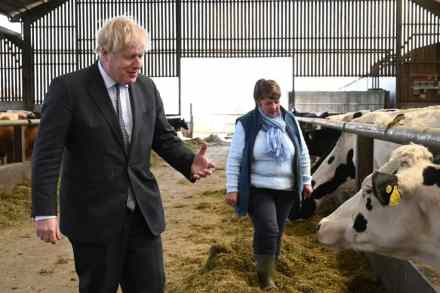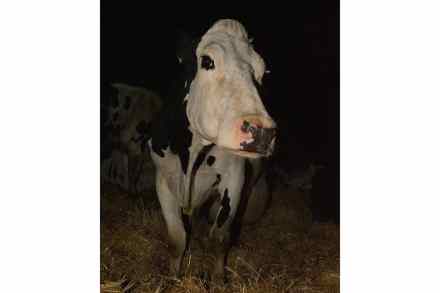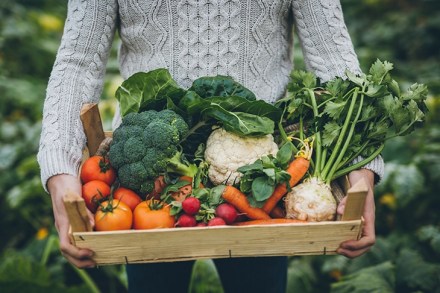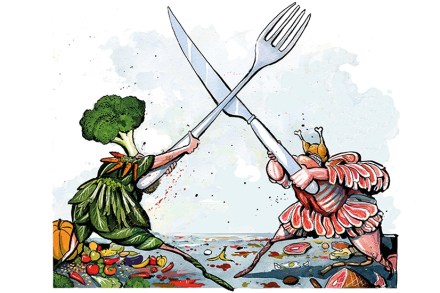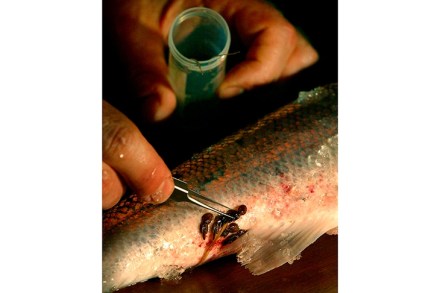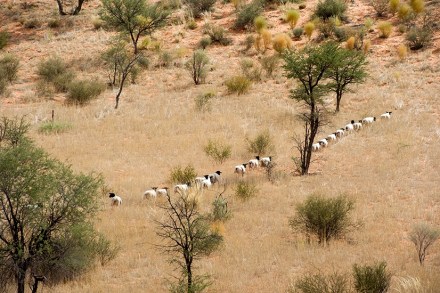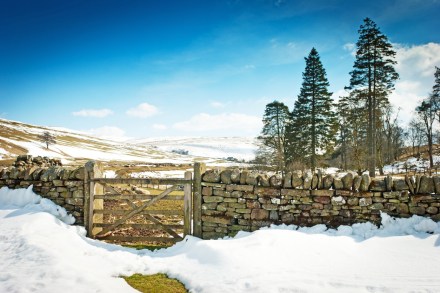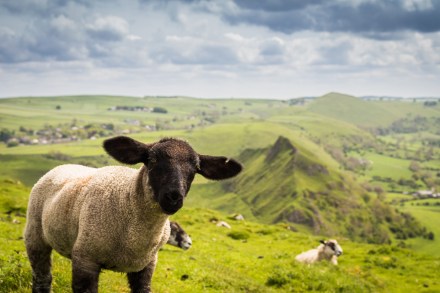Is Credit Suisse the tornado on the banking horizon?
Headlines about ‘alarm over CreditSuisse’ might be read as a sign of normality in financial news, rather than the reverse. The second-ranked Swiss bank (behind UBS) has slipped on so many banana skins in recent years that, as I wrote in February: ‘I sometimes wonder how and why it survives.’ As a recognised basket-case, its difficulties are not usually seen as harbingers of systemic trouble. But in the Kwarteng-induced febrile mood of London’s markets, the question has to be asked. This is October, the devil’s favourite month for provoking crashes. Could Credit Suisse be the tornado on banking’s horizon? Amid rumours of critical balance-sheet weakness, Credit Suisse’s shares have fallen



